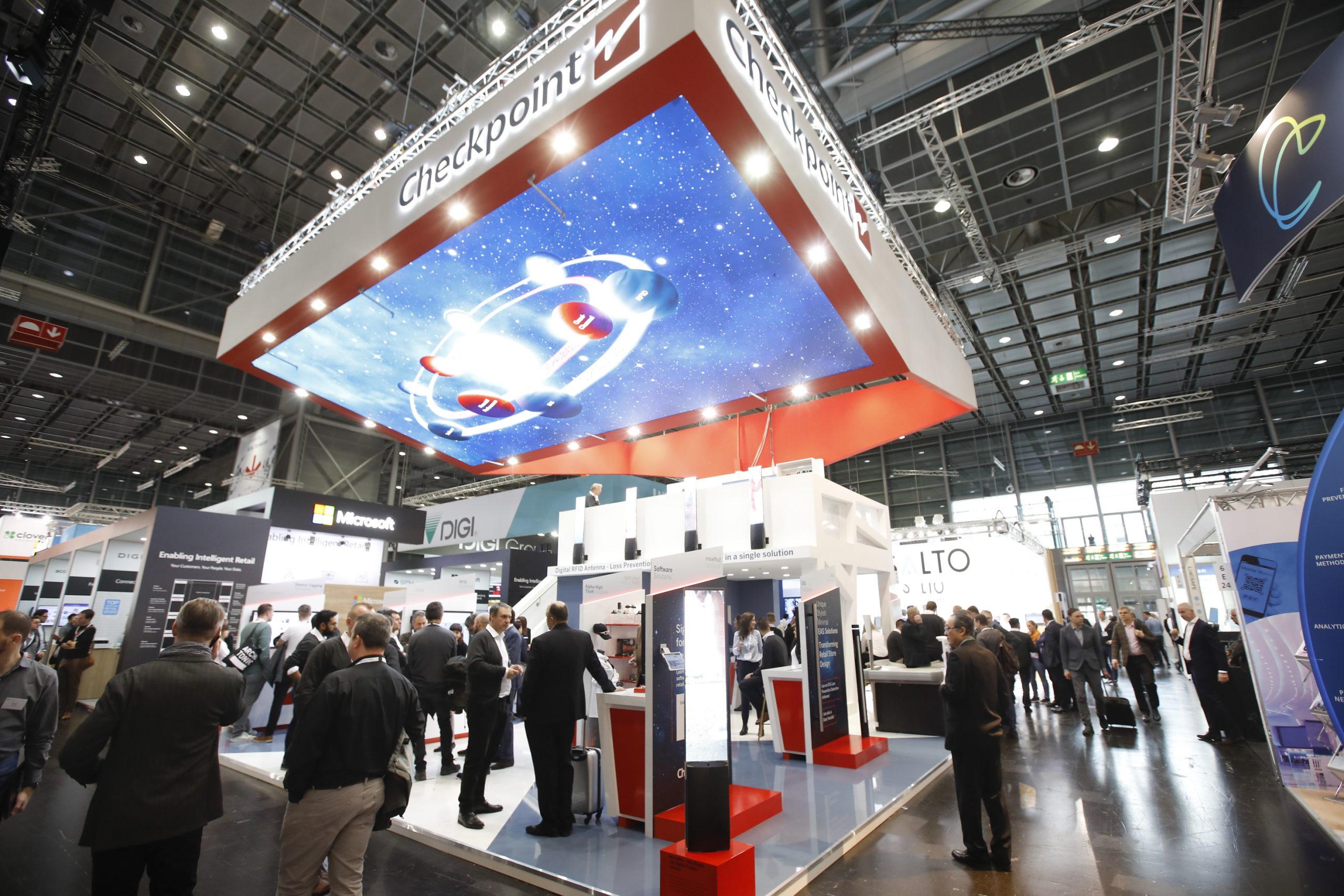Innovative concepts take quality and sustainability of LED lighting to the next level
How well is the metaverse known in German-speaking retail? How is its potential benefit rated for various segments? Is it relevant enough for investing? If so, from when? The EHI Research Network asked retail decision-makers these and other questions in the run-up to the forthcoming EuroShop.
In the run-up to EuroShop, The World´s No. 1 Retail Trade Fair, held from 26 February to 2 March 2023, the metaverse is on everyone’s lips. Reason enough for the EHI Retail Institute, Cologne, to carry out a survey among German retailers. Their willingness to take part in this poll evidences the avid interest taken by German-speaking retail: 433 decision-makers participated. While the term ‘metaverse’ itself is largely known, the majority felt it is still rather unknown in retail companies as a whole.
Six out of 10 people polled believe the metaverse will assert itself, only 2 in ten consider it a hype while all others are still unsure about developments. 75.5% of the participants in the panel see exciting applications for retail in the metaverse. The results of the study also imply that the majority of retailers believe they have to prepare for changes on account of metaverse developments. However, these changes may still be a long time coming: the retailers surveyed predominantly assume this topic will only gain in importance for retail companies in five to ten years from now.
This is because those retailers polled believe their target groups’ willingness to accept it will only grow in five to ten years. Such an external assessment may serve as an indicator – after all, it is a core task of retailers to know their target groups. How acceptance will actually develop at the end of the day should be observed by consumer behaviour research.
Those retailers polled feel the metaverse also harbours dangers – there might be a power shift between retailers and manufacturers or retailers and metaverse providers at the expense of retail. Complexity, expenses and dependencies could increase. Entering the metaverse business might be associated with high and high-risk investment. Society could become even more lonely.
According to those retailers polled, the profitability of metaverse applications as well as in-house resistance are the largest obstacles to starting this business. Besides this, there is also uncertainty about future developments, about the suitability of their ranges, about cannibalisation effects and about security issues.
Gaining expertise
Those interviewed also confirmed what was indicated in the random sample: the metaverse seems to be a cross-departmental theme that touches upon plenty of different retail aspects. So the main challenge for service providers to retail is to decide which decision-makers to make contact with. For retail companies, by contrast, the question reads: where should this theme be tackled in organisational terms? In any case, retailers will require corresponding metaverse know-how. However, just under 5% of those polled believe their companies have sufficient staff with the relevant expertise to start a metaverse business.
As part of the survey participants also gave the following assessment: anyone wishing to successfully enter the metaverse business should ensure the technological prerequisites, provide the staff with relevant skills and create acceptance among shoppers. This takes courage, a strong will and innovative spirit as well as a willingness to set aside human and financial resources. Once the best use case has been identified for your own company, the right timing needs to be selected to meaningfully incorporate the metaverse into the customer journey.
Only a question of time
Only 4% of those polled think their retail company is already likely to invest in metaverse applications today; in two years’ time 12% think this is likely to happen, in five years this figure increases to 23% and in 10 years to 46%. This means that one in four retail outfits might be investing in metaverse operations as early as in five years – and even just under 50% in ten years from now.
The metaverse is just like any other network asset: it is associated with the chicken-and-the-egg problem. As long as there are not enough consumers immersing themselves in the metaverse, retailers will be struggling with risks and insecurities. As long as the customer journey in the metaverse is not satisfactory enough there will not be enough consumers willing to join it. Next to retailers and their customerbase there are presumably other players with a decisive role for the implementation of metaverse applications: on the one hand, the providers of metaverse platforms (they create the framework conditions), on the other, metaverse service providers (they provide the organisational, design support etc.).
When deciding who should solve this chicken-and-the-egg question, the ball is in the court of metaverse platform and service providers. This survey shows retailers are clearly open to entering the metaverse. Now providers have to table concrete proposals and come up with realistic and value-adding business cases to convince them. In doing so, they should present viable and realistic profitability forecasts so as to resolve the uncertainties raised in the survey. Furthermore, they have to create the basic technical conditions (at affordable prices), provide retailers’ staff with the required expertise and inspire consumers with the metaverse.
Over the coming years it is assumed retail will initially approach the metaverse with isolated pilot projects. Exciting virtual shopping experiences cannot be expected in under five to ten years. But an outlook on this will already be provided by EuroShop 2023 in its Retail Technology Dimension. Furthermore, the metaverse will also be discussed in lectures on the Connected Retail Stage.
The EHI study ‘Metaverse im Handel’ (Metaverse in Retail) in pdf format is available for download free of charge (German). https://www.ehi.org/produkt/whitepaper-metaverse-im-handel/
EuroShop is open to trade visitors from Sunday, 26 February to Thursday, 2 March 2023, daily from 10.00 am to 6.00 pm. Admission tickets are only available online at www.euroshop.de/2130. 1-day tickets cost € 70.-, 2-day tickets are € 120.- and the season ticket is € 165.-.





